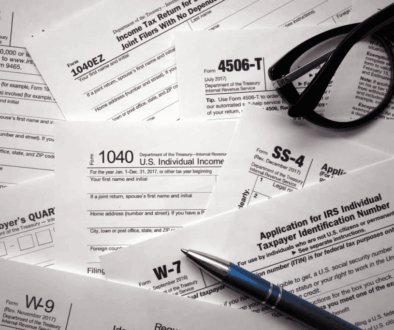Deducting Business Expenses
What are some common business expenses I can deduct?
Deductible business expenses can help reduce your taxable income and lower your overall tax liability. The specific expenses you can deduct depend on the type of business you own, its structure (e.g., sole proprietorship, LLC, corporation), and the tax laws in your country. However, here are some common business expenses that are often deductible:
Operating Expenses: These are expenses directly related to running your business. Common examples include rent or lease payments for office space, utilities, insurance premiums, office supplies, and professional fees (such as legal or accounting services).
Employee Wages and Benefits: You can typically deduct the wages, salaries, and benefits you pay to employees, including health insurance, retirement plan contributions, and bonuses.
Cost of Goods Sold (COGS): If you sell products, you can deduct the costs associated with producing or purchasing the goods you sell. This includes materials, labor, and overhead costs directly related to production.
Marketing and Advertising: Expenses for marketing and advertising your business, including online advertising, print media, social media marketing, and promotional materials, are generally deductible.
Travel Expenses: If you travel for business purposes, you can often deduct expenses such as airfare, hotels, meals, and transportation. Keep in mind that there are specific rules and documentation requirements for deducting travel expenses.
Vehicle Expenses: If you use a vehicle for business purposes, you can deduct expenses such as mileage, gas, maintenance, and depreciation. You can choose to use the standard mileage rate provided by the tax authorities or calculate your actual expenses.
Home Office Deduction: If you use part of your home exclusively for business, you may be eligible for a home office deduction. This can include a portion of your rent or mortgage, utilities, and maintenance expenses.
Depreciation: You can deduct the cost of assets such as computers, vehicles, and machinery over their useful life through depreciation.
Meals and Entertainment: You can often deduct a percentage of business-related meals and entertainment expenses, but there are limitations and documentation requirements.
Interest and Taxes: You can deduct business-related interest on loans and credit cards, as well as certain taxes like property taxes and business licenses.
Legal and Professional Fees: Fees paid to attorneys, accountants, and other professionals for services related to your business are typically deductible.
Insurance: Premiums for business insurance policies, such as liability insurance and property insurance, can be deducted.
Education and Training: Costs associated with improving your skills or knowledge related to your business may be deductible.
It’s important to maintain detailed and accurate records of your expenses, including receipts and invoices, to support your deductions in case of an audit. Additionally, tax laws can change, so it’s advisable to consult with a qualified tax professional or accountant who is familiar with your specific business and the tax regulations in your jurisdiction to ensure you’re maximizing your deductions while staying compliant with tax laws.




